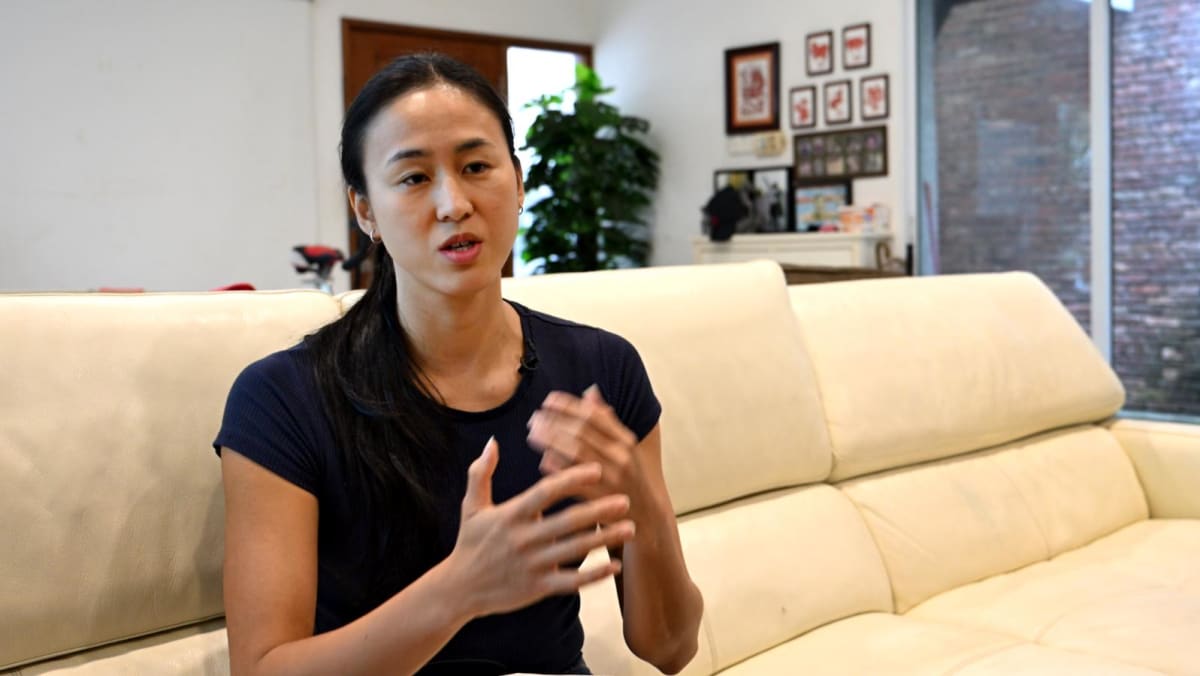The decision was made final on Monday (Jul 8) night when two separate appeals for her to be on the team were rejected.
“This year was going pretty well and I was very excited. So yeah, this is pretty hard for me, especially coming out of last year with China,” she said.
SELECTION PROCESS CAN BE IMPROVED
Quah signed a document last Thursday, accepting Singapore Aquatics’ (SAQ) invitation to represent Singapore at the Paris Games.
But in a turn of events, SAQ decided to send Gan Ching Hwee instead, who will swim in the 4x100m medley relay, in addition to the individual 800m and 1,500m freestyle events.
The confusion, Quah said, stemmed from how World Aquatics – the global governing body – allotted its Olympic slots. It had first confirmed the athletes participating in the relays, such as Quah, before filling up the spots for swimmers who met the “B” qualifying times, which included Gan.
Quah said that SAQ should have considered the possibility that another athlete could have qualified before asking her to sign what she saw as a binding agreement.
She argued that World Aquatics’s selection process had been in place for a long time, so the possibility of Gan being offered an Olympic berth was not unthinkable.
“It should have been (SAQ’s) responsibility to cover all our bases … then it will make it easier for the governing body (SAQ) to understand how to handle every situation as it comes,” she said.
“I think that there needs to be accountability taken there, (to) take a look again at the selection policy and try and make it better moving forward.”
However, she conceded that it was not easy for SAQ, who had to confirm with World Aquatics a relay team that would be going to Paris before World Aquatics could move on to give out “B” qualifier slots.
“I think there was no way for them not to confirm my name because it had to be put in a long time ago,” said Quah.
However, she agreed that the confirmation need not have been a binding one, and the document could have been worded in a way to indicate that her participation was conditional.
“There should also be transparency and communication between the athletes and the management, so that we also know better what’s happening, and not be told at the last minute,” she said.
Quah expressed concern that this episode would erode the trust of future national swimmers.
“For them to be confident in the system, to know that they can qualify for something by merit, that they can put their names down, sign something, and be assured that they have the spot that they earn on the team.”

